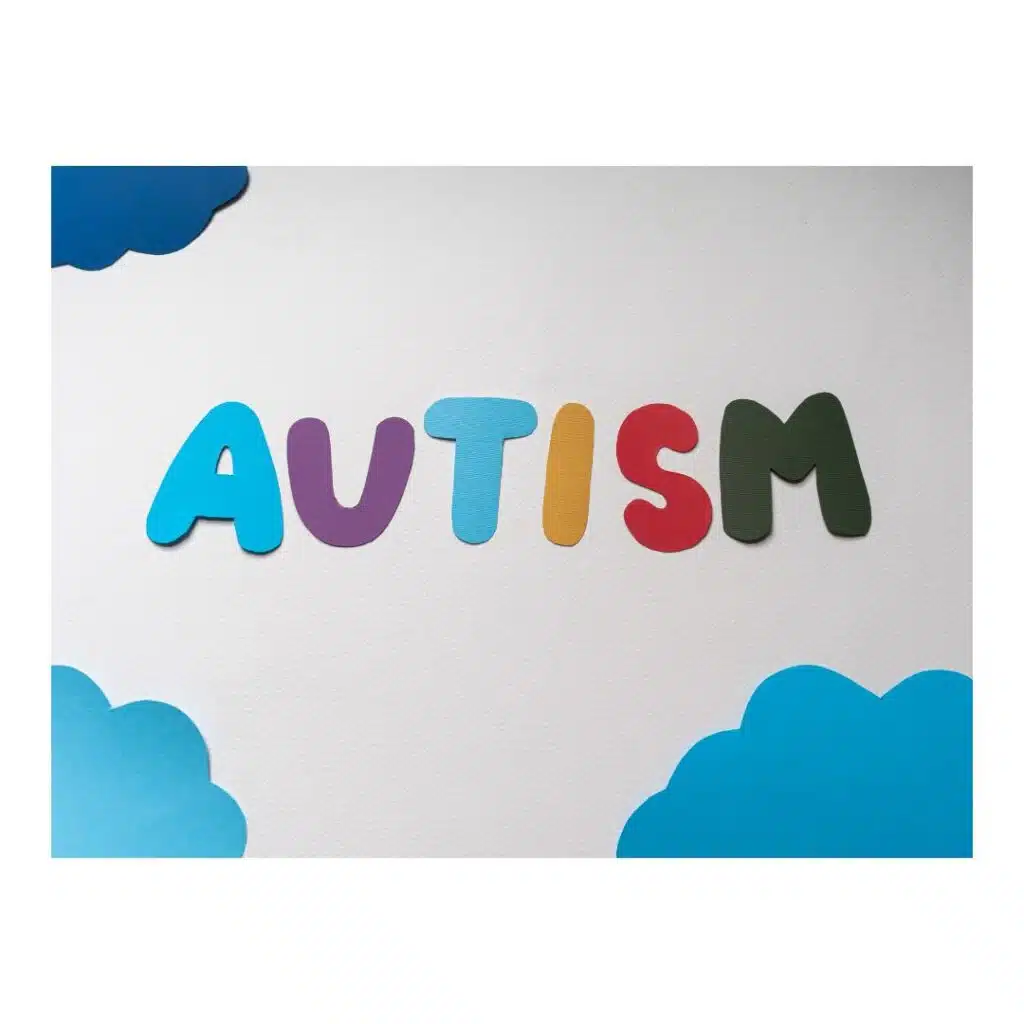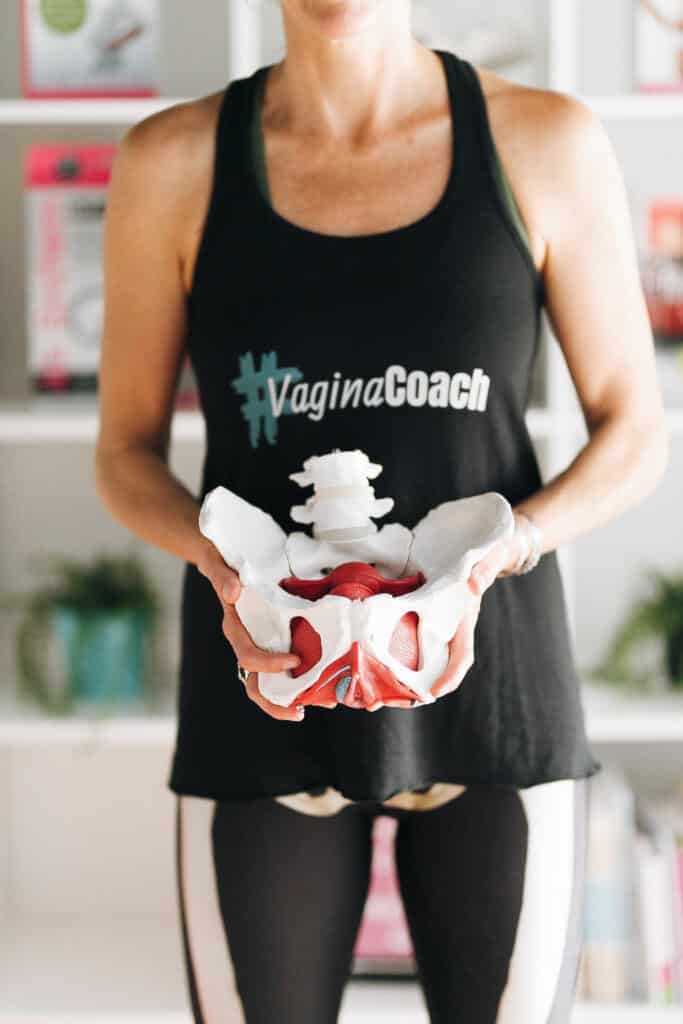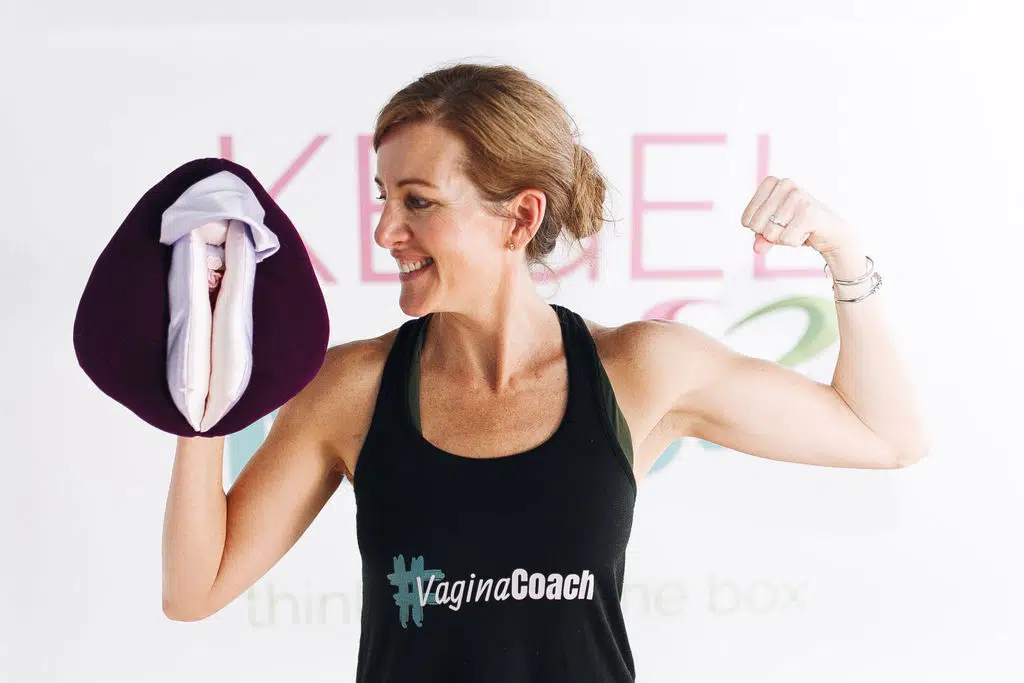The Hidden Blame Mothers of Autistic Children Face
Being the parent of an autistic child comes with additional challenges. These parents carry many unseen and unacknowledged responsibilities.


Incontinence, or peeing yourself involuntarily is a fairly taboo topic. It’s not easy, as an adult, to admit you pee your pants or that you rely on pads to get through an outing. There’s a lot of embarrassment, fear, shame and trauma that relates to the pelvic floor, even when it’s functioning well. And when something’s going wrong, there’s added discomfort. June 20 – 26 is World Continence Week, a worldwide health campaign to raise awareness of incontinence related issues. I talk about incontinence every day so I’m glad to be bringing light on this topic and normalizing conversations about pelvic floor health, incontinence and the treatment that’s available.

Movies, tv commercials and women’s magazines have normalized incontinence as part of being female and especially a mother. As we age or after giving birth, leaking when you run, jump, laugh or sneeze is more common, but it is not normal. It’s also treatable and not something women have to live with. Stress Urinary Incontinence (SUI) is the most common condition. This is when the pelvic floor muscles can’t react in time or with enough force to close the urethral opening and as a result, urine leaks out. These muscles manage our openings – the urethra, vagina and anus – support our internal organs, support our spine and pelvis and contribute to our sexual satisfaction (or lack thereof). We deserve to know how to keep the pelvic floor working well.
The optimal time to begin learning about pelvic floor health and the role of the Kegel exercise is in teenage years, at school. When we teach young women about menstruation and sexual health, I believe, we should be discussing the transitions a woman’s body goes through with age, pregnancy, and hormonal changes. If young women knew there was treatment and physical therapy available and understood the role of the pelvic floor, we could avoid a lot of discomfort. Also, having these discussions early would normalize the conversation and reduce not only the shame, but the mystery around how the female body changes.

These days, many women learn about Kegels during pregnancy which is still a great time to begin learning about the pelvic floor. During pregnancy, the center of gravity in the body shifts as the belly grows and adds pressure and weight to the pelvic floor. Hormone and postural changes create stress on the body so it’s essential during pregnancy to keep a strong but supple pelvic floor and also plan for recovery. During the initial postpartum period, pelvic floor restorative exercises are important to re-establishing strength and returning the pelvic floor to pre-pregnancy function, especially after a vaginal birth. But caesarean births require recovery too. The pelvic floor is still influenced by the weight of the baby and change in hormones. After surgery, there are also multiple layers of incisions through the core. While recovery looks a little different, strengthening the pelvic floor muscles is still as important for long term health and function.
I began my business and title, the Vagina Coach, after the birth of my first son. I saw a huge missed opportunity to educate women about pelvic health with prevention in mind. Even though I didn’t tear in my birth, I still experienced incontinence and prolapse myself because I thought, at the time, that preventing tearing was all we needed to do to prevent incontinence and prolapse. I was wrong and I now use the tools and education I applied to heal myself with women across the globe. I understand the emotion and the fears surrounding the pelvic floor. I’ve helped clients who’ve worn pads for years, stop needing them and start enjoying their hobbies again. Incontinence greatly impacts day-to-day lifestyle. Working with clients to improve their issues through movement, lifestyle and behaviour often results in better quality of life and overall health.

I recommend all women see a pelvic floor physiotherapist at least once a year and practice whole body pelvic floor exercise as part of their daily routine. In Canada a referral isn’t required, and pelvic floor physiotherapy is covered by many benefits plans. For those not feeling ready or who are unable to access a physio there is lots you can do at home to educate yourself and prepare for birth, deal with perimenopause/menopause changes or strengthen your pelvic floor for better sex. There are resources online and I have a Kegel Quiz on my website as well as an app called the Buff Muff. Buff Muff offers essential education, the most effective movements and workouts as well as access to a team of experts I call my vagina village.
There is a lot of work to be done in women’s health. My aim is to demystify the pelvic floor and give women the confidence to seek treatment. Studies say close to 40% of women report suffer from incontinence. The more we share openly about the common challenges and share treatment options, the less suffering there will be.
Kim Vopni is a pelvic floor specialist, popularly known as The Vagina Coach. Kim became passionate about spreading information on pelvic health after the birth of her first child. She is a self-professed Kegel maven, a certified fitness trainer specializing in pre and post natal, perimenopause and menopause. She is a women’s health educator and speaker, an author, and the founder of Pelvienne Wellness Inc. Kim is also the creator of Kegels & Cocktails™, health events designed to empower and educate women on the importance of pelvic health. Kim strives to normalize discussions about vaginas, Kegels and menopause, especially when her teenage sons are in ear shot.
Learn more at www.vaginacoach.com and on social @vaginacoach
Being the parent of an autistic child comes with additional challenges. These parents carry many unseen and unacknowledged responsibilities.

Kids in British Columbia are set to benefit from an expanded school food program that will reach 90,000 students in more than 1,000 schools this school year.

Advice for sun safety for families.
